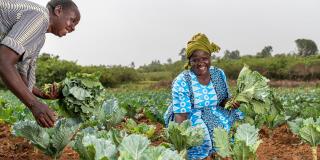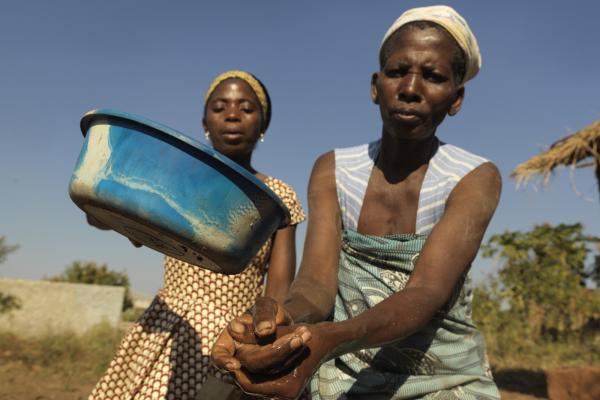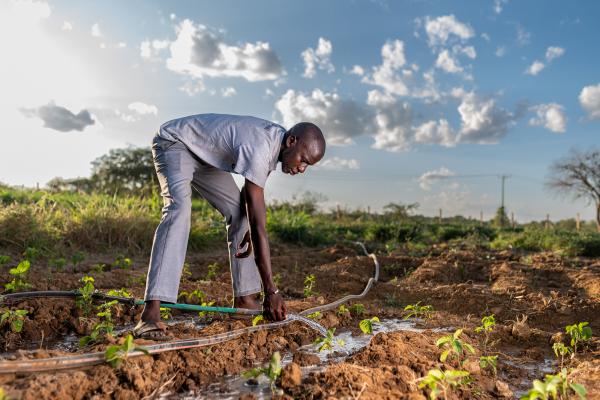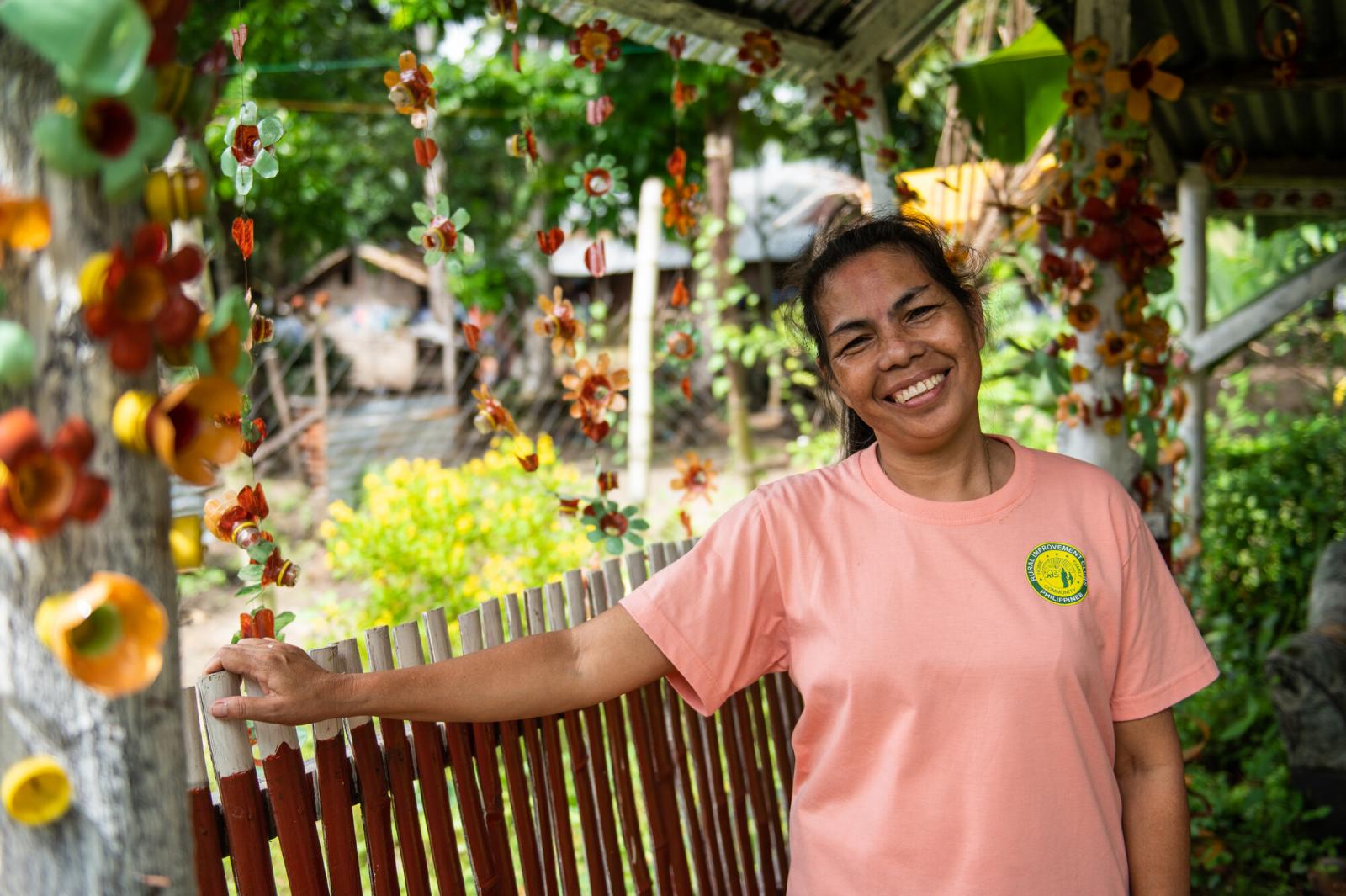
Already battered by the climate crisis and COVID-19, Africa is now facing rising food prices in light of the war in Ukraine. Investing in agroecology and smallholder farmers is the only way out of the crisis.
In a field in Chimanimani, a remote region of eastern Zimbabwe ravaged by Cyclone Idai in 2019, smallholder farmer Machia Matsika makes organic fertiliser.
“It’s a solution to the more expensive chemical type and most importantly will improve the yields,” says the 54-year-old, who community volunteers trained in the process.
Converting food waste and other natural materials to organic inputs to help improve her soil will be more environmentally friendly and allow Machia to weather another potential food crisis.
Crises upon crises

The African continent challenges with persistent drought, climate crises and the covid-19 pandemic are well documented. Now, the war in Ukraine is causing food price rises. People who are forced to spend the bulk of their smaller incomes buying food and basic items are being the hardest hit. The fallout from the conflict includes Western sanctions now imposed on Russia and Belarus, huge potash exporters, which is found in fertiliser.
The UN has highlighted how there are 45 African and least developed nations meanwhile importing at least one-third of their wheat from Ukraine and Russia. As a result of the war, the price of fertiliser alone has soared threefold.
Agroecology leads to greater resilience
Agroecology – a climate-resilient farming approach which includes locally appropriate practices such as mulching, propagating local seed varieties, crop rotation, water conservation and harvesting – leads to greater resilience.
It is more than just a set of techniques. It is a movement of smallholder food producers and it emphasises local economies and food systems. It will make our food system more robust.
For the past 18 months, local agroecology volunteers working with VSO and our partner have trained farmers in Zimbabwe and Mozambique to make organic fertiliser. Assisting them in also setting up seed banks has helped to reduce their dependence on industrial seeds and chemical fertilisers.
“We are now confident of food security, as we have more options.” Farmer, Queen Majokwiro.
Youth champions for climate change

In Kenya, Youth for Sustainable Development (YSD), a network consisting of up to 1,000 young people, is pushing for a more significant public investment in and support for smallholder food producers and agroecology. They want more access to finance.
“Due to climate change, young farmers need support to shift from growing maise to growing fruit trees, rearing chicken and fish,” said Daniel Ngao, a young farmer in Machakos county, in Kenya’s southeast.
There are up to 3 billion people dependent on smallholder farmers for their livelihoods. They are an important force in food security. Governments need to invest in smallholder farming and agroecology as a long-term for address food insecurity and fighting climate change.
Agroecology is a key solution
Nearly one-quarter (23%) of global greenhouse gas emissions came from agriculture, forestry, and other land-use sectors, according to the Intergovernmental Panel on Climate Change (IPCC). Supporting a transition towards agroecology is a key part of the solution to this. Further, depending on chemical fertilisers intensive agriculture is expensive and environmentally destructive.
A transition towards agroecology enhances nutrition, maximises production over time, and improves economic stability by diversifying income and showcasing local markets. It promotes indigenous and local knowledge and encourages the participation of local farmers.
Our planet’s ability to feed itself is at stake, and there is no time to lose.

Support us with a donation
Read more

Opening doors to safety, education, and a brighter future
For girls in Karamoja, the poorest region in Uganda, being forced into early motherhood is all too common. Many girls are a risk of assault. Nowhere is safe. Will you open the door to safety and an education?

An education can't wait
An education is a universal human right, yet refugees like nine-year-old Saad* and 12-year-old Najeeba* are missing out. Having fled the conflict in Afghanistan, they’re now living in Pakistan. Out of school, children are in danger. Every day counts. You can help bring them back into class.
